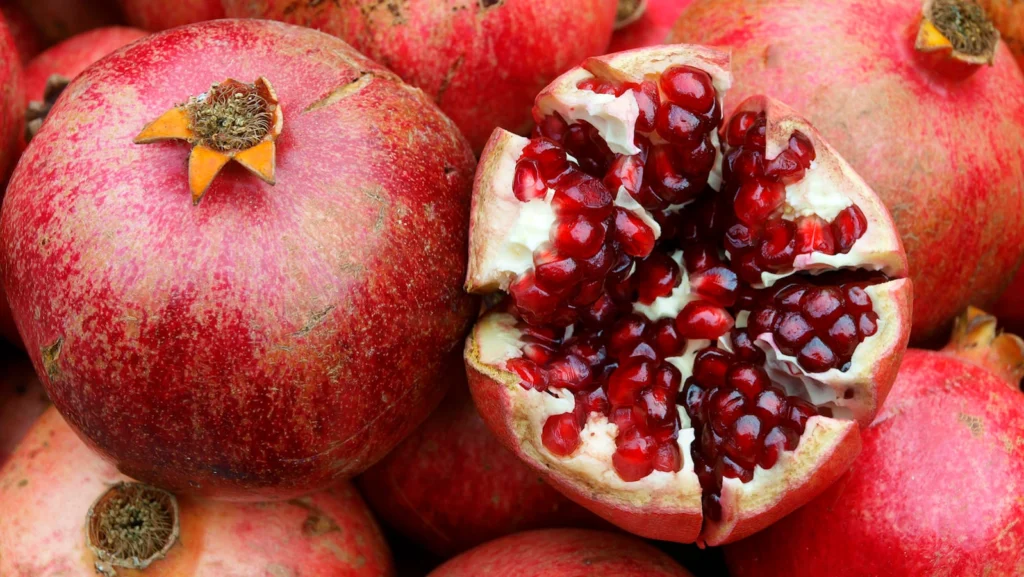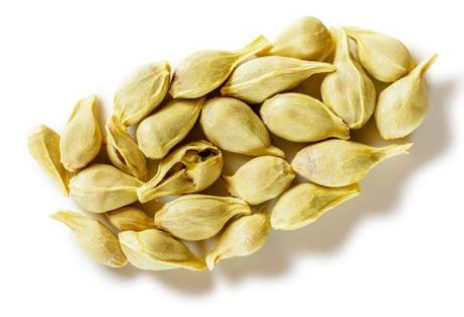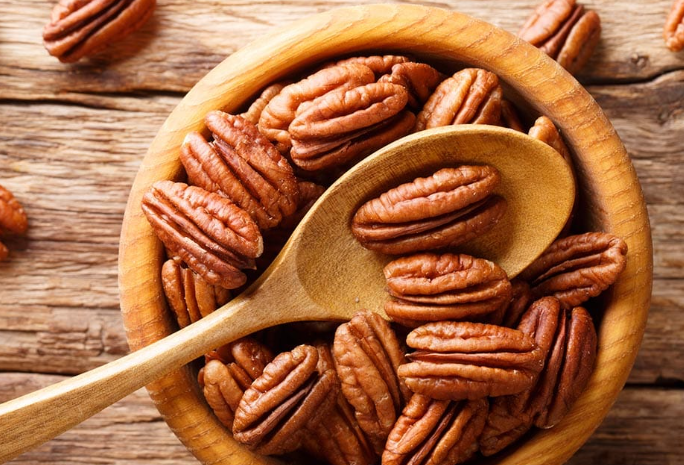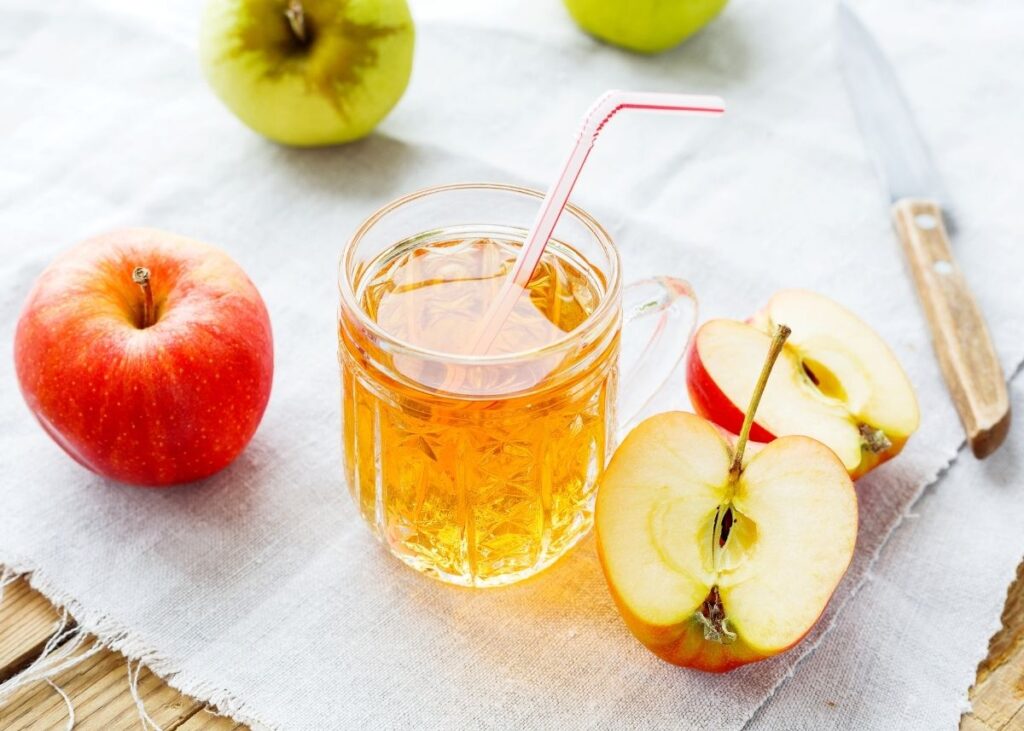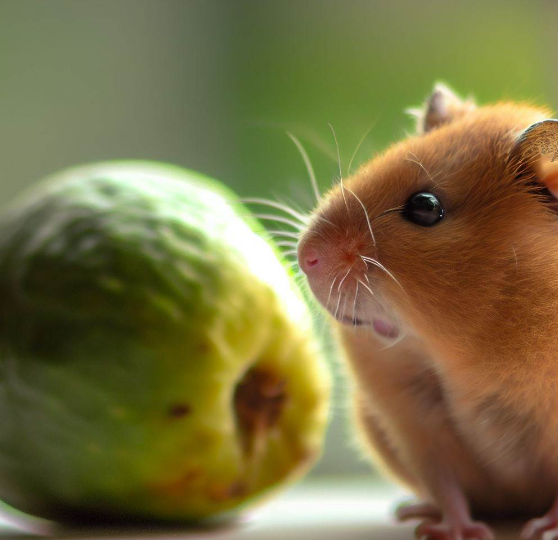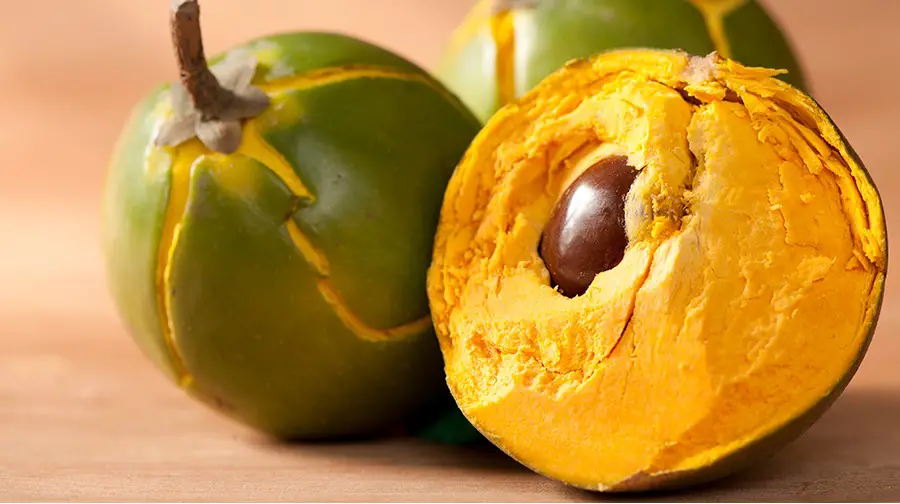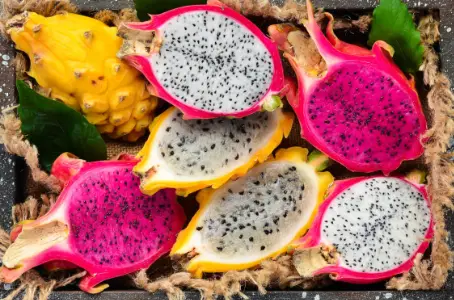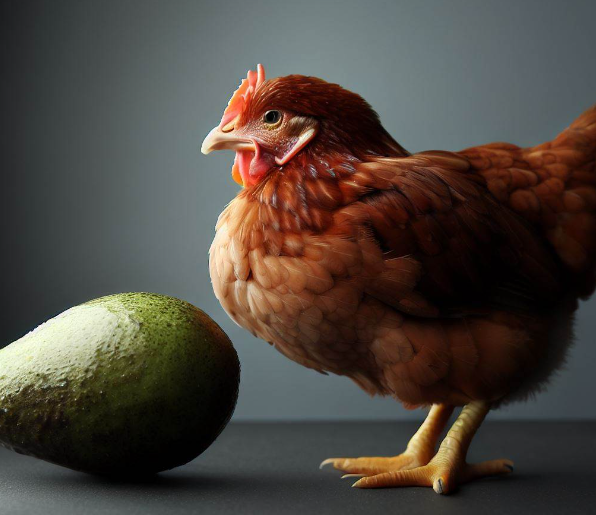Tropical fruits are a group of fruits that grow best in the warm and wet weather near the equator. These places usually have lots of rain, very warm weather, and fertile soil. These fruits are famous for their bright colors, special tastes, and the good things they offer for health.
Table of Contents
- What Makes Tropical Fruits Special?
- Is Cantaloupe a Tropical Fruit?
- Where Does Cantaloupe Come From?
- What Weather Does Cantaloupe Need?
- What’s Good in a Cantaloupe?
- Why Is Cantaloupe Good for You?
- Ways to Eat Cantaloupe
- Some Favorite Cantaloupe Recipes
- Choosing and Keeping Cantaloupe
- Fun Facts About Cantaloupe
- Conclusion
- FAQs
What Makes Tropical Fruits Special?
Tropical fruits are special because they have certain qualities. They are often juicy and soft. They can be sweet and sour or have a flavor that makes you think of the tropics.
They have lots of vitamins, minerals, and things that help protect your body, so they’re not just tasty but good for you too.
Is Cantaloupe a Tropical Fruit?
No, cantaloupe is not a tropical fruit. It is part of the melon family and better suited for cooler climates than tropical ones.
Where Does Cantaloupe Come From?
Cantaloupe, also known as muskmelon, started out in places like ancient Persia (now Iran) and India. It has since spread all over the world, including to Europe and North America. Now you can find cantaloupe growing in areas where the weather is right for it.
What Weather Does Cantaloupe Need?
Cantaloupes like it best in places that have a mix of warm and cool weather but not too extreme on either side. They grow well when it’s between 70 and 85 degrees Fahrenheit (21-29 degrees Celsius).
They are okay with cooler nights and don’t need the unchanging high heat that tropical fruits enjoy.
What’s Good in a Cantaloupe?
Cantaloupe is yummy and healthy. It doesn’t have a lot of calories, and it’s full of things your body needs like vitamins and minerals.
It’s packed with vitamin C to help your immune system and vitamin A for good vision and skin. Cantaloupe also brings you potassium, folate, and fiber, making it a great choice as part of a healthy eating plan.
Why Is Cantaloupe Good for You?
Cantaloupe can be really good for you. It has lots of water to keep you hydrated. Antioxidants like beta-carotene and vitamin C in cantaloupe might help lower the chances of getting long-term health problems and just help to keep your body in good shape.
Ways to Eat Cantaloupe
There are so many ways to enjoy cantaloupe. Its sweet and juicy pieces are great to eat on their own or tossed into fruit salads.
Blend it up for smoothies, freeze it to make sorbet, or put it on sticks for popsicles. Cantaloupe is also tasty when it’s grilled, roasted, or added to dishes that are savory, like salads or salsa.
Some Favorite Cantaloupe Recipes
- Cantaloupe and Prosciutto Salad
- Cantaloupe Smoothie Bowl
- Grilled Cantaloupe with Honey and Mint
- Cantaloupe Salsa
- Cantaloupe Sorbet
Choosing and Keeping Cantaloupe
When picking out a cantaloupe, go for one that’s heavy for its size and smells nice. The skin should be a bit waxy and not have any bruises or soft spots. When it’s ripe, you can put the cantaloupe in the fridge for a few days, but try to eat it quickly to enjoy its best taste.
Fun Facts About Cantaloupe
- The name cantaloupe comes from Cantalupo, an Italian village where it was once grown a lot.
- Cantaloupes can have different colors on their outsides, from light green to orange.
- The part you eat inside a cantaloupe can be orange, pink, or even green depending on the type.
Conclusion
So, while cantaloupe is a fruit that many people love for its taste and health benefits, it’s not a tropical fruit. It grows best in not too hot, not too cold climates. There are lots of tasty ways to eat cantaloupe, and it brings a lot of joy and flavor to meals, especially during the summer.
Whether you eat it fresh, mix it into a salad, or blend it for a drink, cantaloupe is a fruit that’s worth trying.
